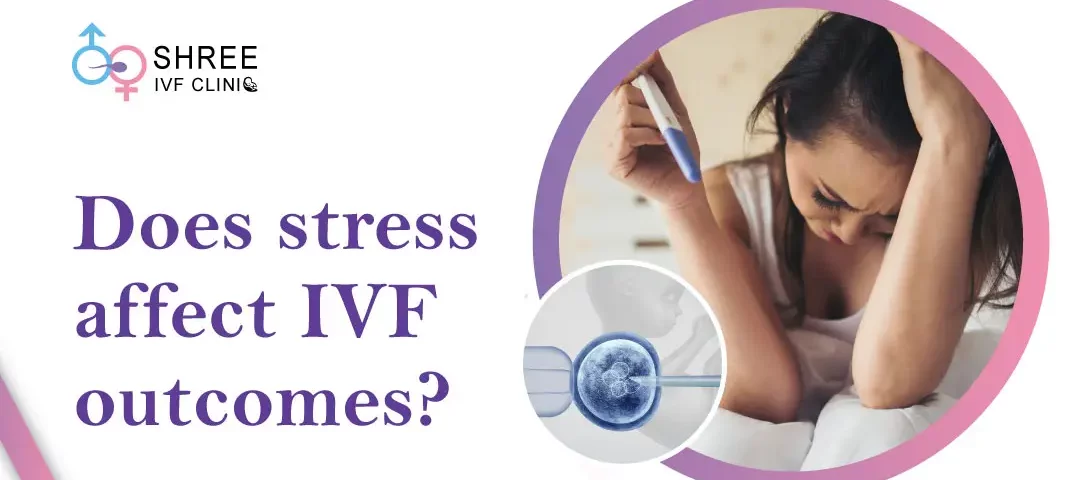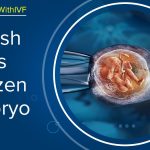
Does IVF Freeze Eggs or Embryos? Everything You Need to Know
April 18, 2025D. Friscia: The Relationship Between Stress and IVF Outcome
Hey there! If you’re reading this, chances are you’ve heard of IVF (in vitro fertilization) and maybe even wondered how stress plays a role in whether it works or not. You’re not alone—tons of people going through fertility treatments ask the same question: Can my stress mess this up? Today, we’re diving deep into this topic with a fresh take, inspired by the curious mind of someone like D. Friscia—a name that might not ring a bell yet, but stick with me, because we’re about to uncover some fascinating insights together!
This isn’t just another boring science article. We’ll explore how stress and IVF outcomes connect, sprinkle in some surprising facts about stress you probably didn’t know, and share practical tips to help you feel more in control. Plus, we’ll dig into the latest research and reveal things most articles skip over—like how your daily habits might secretly affect your IVF journey. Ready? Let’s get started!
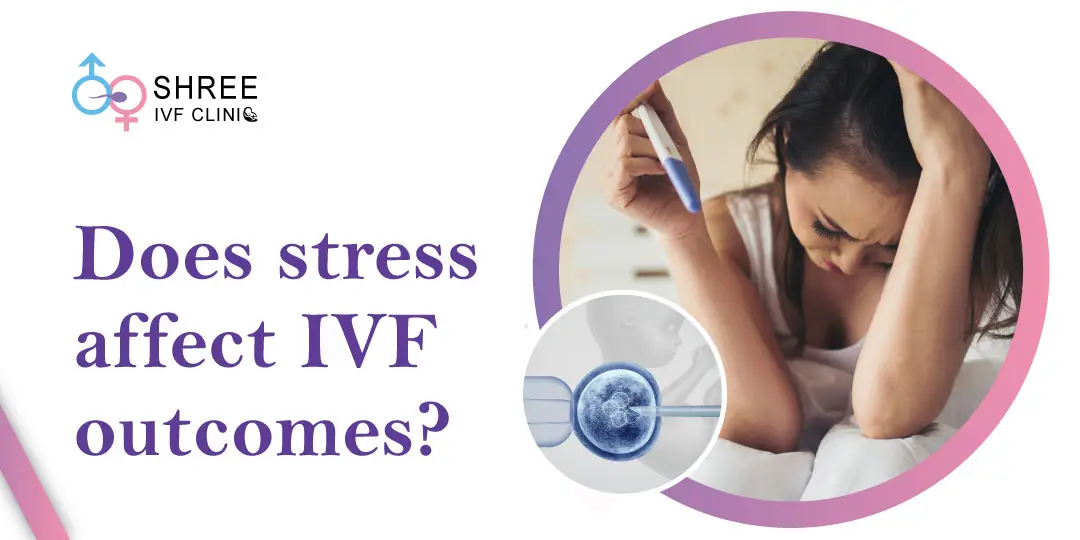
Who Is D. Friscia, and Why Stress and IVF?
Okay, let’s imagine D. Friscia as someone super relatable—maybe a quirky researcher or a passionate advocate for people navigating fertility challenges. Picture this: Friscia’s the type who collects vintage teacups, loves hiking with their dog on weekends, and has a secret obsession with true-crime podcasts. Why does this matter? Because it’s people like this—real, curious, and a little unexpected—who often spark big questions like, “Hey, does stress really tank my chances of having a baby through IVF?”
Stress and IVF are a hot topic because fertility treatments are already a rollercoaster. You’re juggling hormone shots, doctor visits, and big emotions—all while hoping for that positive pregnancy test. Friscia’s lens might zoom in on the hidden side of this: how your mind and body team up (or sometimes clash) during the process. So, let’s break it down step-by-step and see what’s really going on.
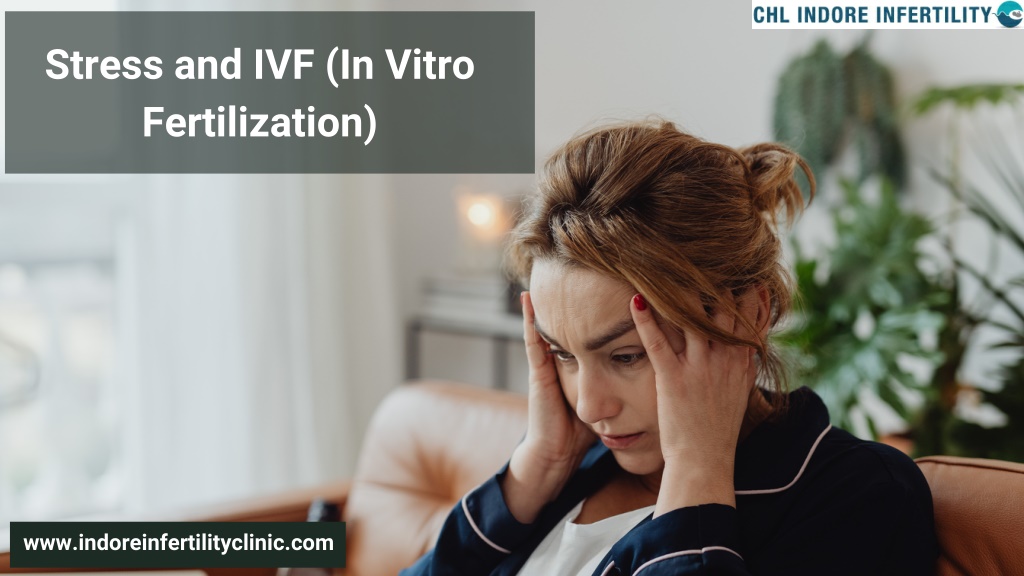
Stress 101: What’s Happening in Your Body?
Before we connect stress to IVF, let’s get the basics. Stress isn’t just feeling frazzled—it’s your body’s alarm system kicking into gear. When you’re stressed, your brain sends out signals like, “Danger! Do something!” This triggers a flood of hormones like cortisol and adrenaline. Cool fact: Did you know cortisol is nicknamed the “stress hormone” because it’s the MVP of your fight-or-flight response?
Here’s the rundown:
- Cortisol: Rises when you’re stressed, messing with things like sleep and appetite.
- Adrenaline: Makes your heart race—great for running from a bear, not so much for chilling during IVF.
- Brain-Body Connection: Stress talks to your reproductive system through something called the HPA axis (hypothalamus-pituitary-adrenal axis). Fancy name, right? It’s like the control center linking your brain to your hormones.
Now, here’s a twist most people don’t know: stress doesn’t just come from big stuff like work deadlines. Little things—like scrolling through Instagram and seeing everyone’s baby pics—can quietly pile up too. And for IVF, where timing and hormones are everything, that pile-up might matter more than you think.
Does Stress Really Affect IVF Success?
This is the million-dollar question: Does stress ruin your IVF chances? The answer isn’t a simple yes or no—it’s more like, “It depends.” Let’s look at what science says and why it’s not black-and-white.
What the Research Shows
Studies on stress and IVF outcomes are all over the place. Some say stress is a big deal; others shrug it off. Here’s a quick snapshot:
- The “Yes” Camp: A 2013 study from Journal of Assisted Reproduction and Genetics found that women with lower stress hormone levels (like cortisol) during egg retrieval had better pregnancy rates. Less stress = happier outcomes? Maybe!
- The “No” Camp: A 2005 study in Human Reproduction followed 166 women and found zero link between stress and getting pregnant through IVF. They said it’s more about the quality of your embryos than your stress levels.
- The “Middle Ground”: Recent research—like a 2019 study in Reproductive Biomedicine Online—suggests stress might not kill your chances outright, but it could tweak things like egg quality or how your body responds to treatment.
So, what’s the deal? Experts think it’s tricky because stress is hard to measure. Are you stressed because IVF’s tough, or is IVF failing because you’re stressed? It’s a chicken-or-egg puzzle.
The Stress-IVF Connection: A Closer Look
Here’s where it gets juicy. Stress might sneak into your IVF journey in ways you wouldn’t expect:
- Egg Retrieval: Ever heard of follicular cortisol? It’s cortisol in the fluid around your eggs. A 2021 study hinted that high levels here might lower fertilization rates. Stress could be crashing that party!
- Embryo Transfer: Some folks swear this stage feels less stressful (phew, the hard part’s over!), but chronic stress beforehand might still linger and affect implantation.
- Pregnancy Test Waiting Game: This two-week wait is torture for most. Studies show women who don’t get pregnant often report higher stress here—maybe because they sense bad news coming.
Dr. Alice Domar, a big name in fertility psychology, once said, “Stress doesn’t cause infertility, but infertility sure causes stress.” She’s onto something—IVF itself is a stress factory, so untangling its impact is tough.
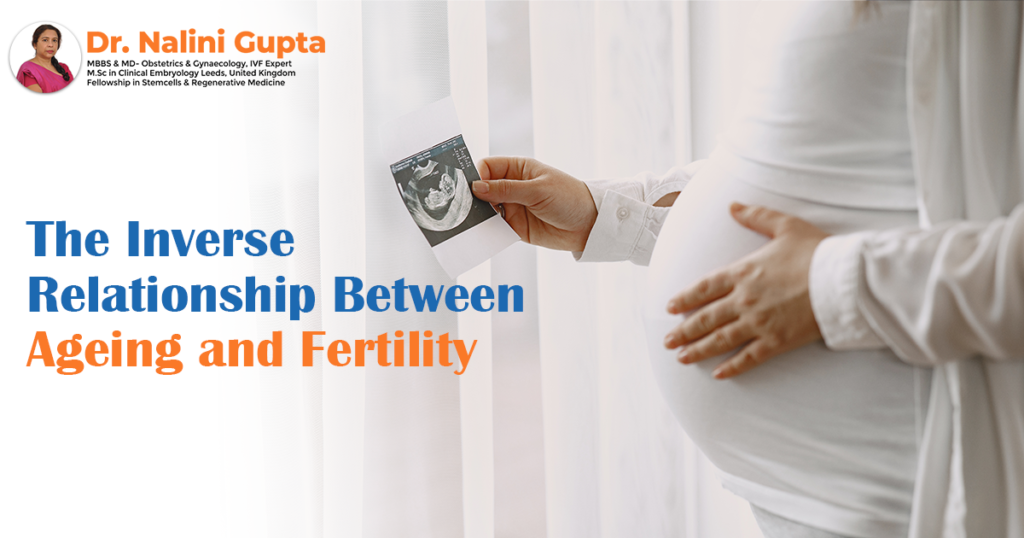
The Stages of IVF: Where Stress Hits Hardest
IVF isn’t one big event—it’s a series of steps, and stress can pop up anywhere. Let’s walk through the stages and see where it might matter most.
Stage 1: Ovarian Stimulation
This is when you’re taking shots to grow lots of eggs. Stress here could mess with your hormone balance—like raising cortisol just when you need calm vibes.
- Science Bit: A 1995 study found women who didn’t get pregnant reported more stress during this phase.
- Tip: Try a 5-minute breathing trick—inhale for 4 seconds, hold for 4, exhale for 4. It’s like a mini-vacation for your brain!
Stage 2: Egg Retrieval
Needles, sedation, and hoping for good eggs—yep, it’s intense. High stress here might link to lower egg quality, though the data’s fuzzy.
- Fun Fact: Some clinics play calming music during retrieval. Imagine D. Friscia picking a chill playlist—maybe some lo-fi beats?
- Tip: Bring a stress ball or a photo of your dog to squeeze. Little comforts go a long way.
Stage 3: Embryo Transfer
You’re putting those tiny embryos back in—exciting but nerve-wracking. Chronic stress might subtly affect how well they stick.
- Science Bit: A 2018 study suggested relaxed vibes post-transfer could boost success, but it’s not a guarantee.
- Tip: Picture your happy place (beach? mountains?) while you’re lying there. Mind over matter!
Stage 4: The Two-Week Wait
Waiting for that pregnancy test is brutal. Stress spikes here don’t seem to ruin everything, but they sure make it feel worse.
- Tip: Distract yourself with a hobby—Friscia might suggest bingeing a podcast or painting those teacups!
